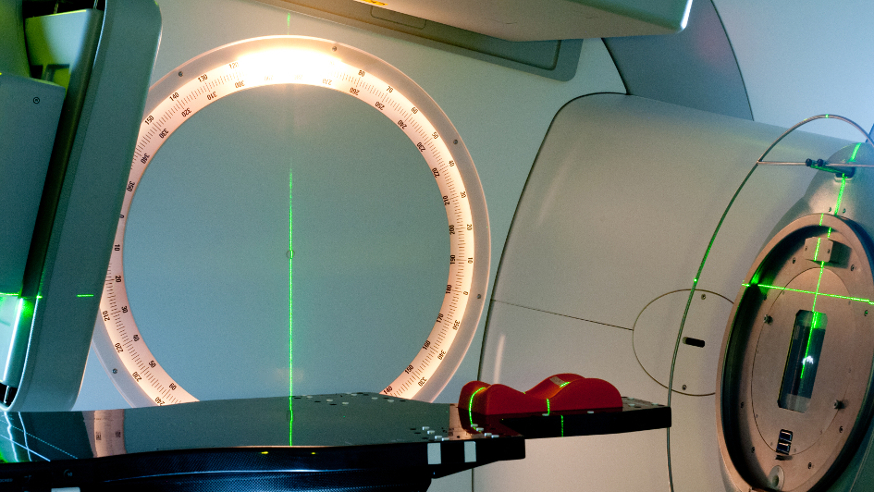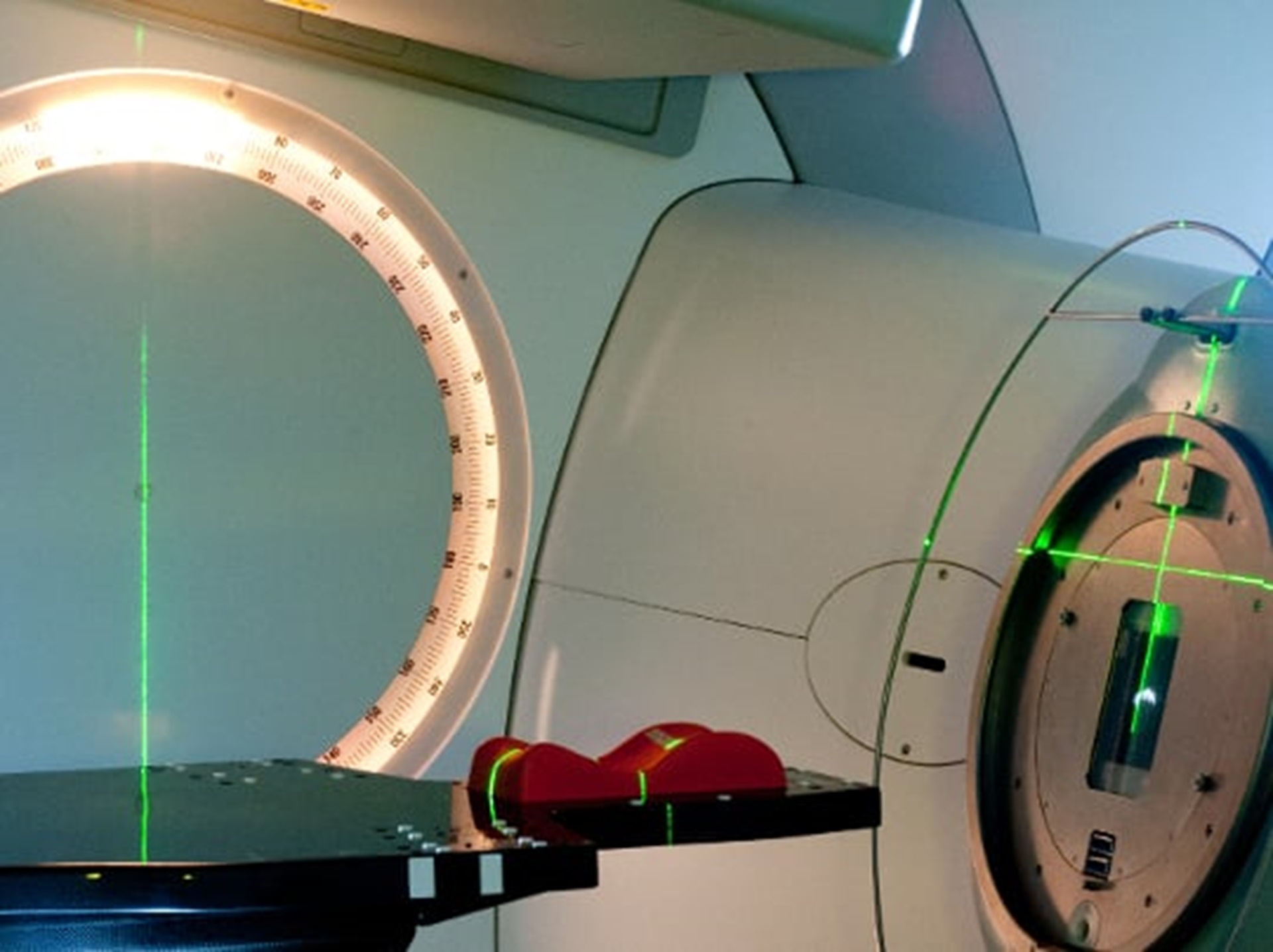
A drug that has shown promise in breast and lung cancer trials also makes the combination of chemotherapy and radiotherapy more successful at killing head-and-neck cancers, a new study has found.
The research could lead to more effective treatments for head-and-neck cancer.
A team of researchers from The Institute of Cancer Research, London, and The Royal Marsden NHS Foundation Trust showed that pre-treating cancerous cells with the drug caused them to become worse at repairing the DNA damage caused by radiotherapy.
As a result, the cells were more likely to die following their exposure to radiation.
Botched repair
The drug, called luminespib, is from a family called Hsp90 inhibitors.
Originally called AUY922, it was discovered by researchers at the ICR, in collaboration with biotech company Vernalis.
Hsp90 is a ‘molecular chaperone’, and helps maintain the health of cells by ensuring that their other proteins fold correctly, and by destroying those proteins that do not.
However, this protective effect is co-opted by cancerous cells, in which Hsp90 helps to support the abnormal proteins driving cancer.
Hsp90 also helps to maintain proteins that repair DNA damage – which makes it a promising target for making radiotherapy more effective.
In the study, the researchers treated a variety of cancerous cells with luminespib for 16 hours, before irradiating them and following up with three further hours of the drug with cisplatin, a standard chemotherapy drug used in head and neck cancer.
Compared to cells given cisplatin and radiotherapy alone, the luminespib-treated cells were more prone to errors in their DNA repair mechanisms, less able to check themselves for damage, and more likely to die.
More effective treatment
The research was funded by a range of organisations, including Cancer Research UK, Wellcome and the Rosetrees Trust, and was published in the journal BMC Cancer.
Study leader Professor Kevin Harrington, Joint Head of the Division of Radiotherapy and Imaging at the ICR, said: “Our study has shown that AUY922 sensitises cancer cells to radiotherapy treatment by disrupting the normal DNA damage response.
“Used in combination with cisplatin, the drug could form part of a more effective treatment for patients with head-and-neck cancer.”
